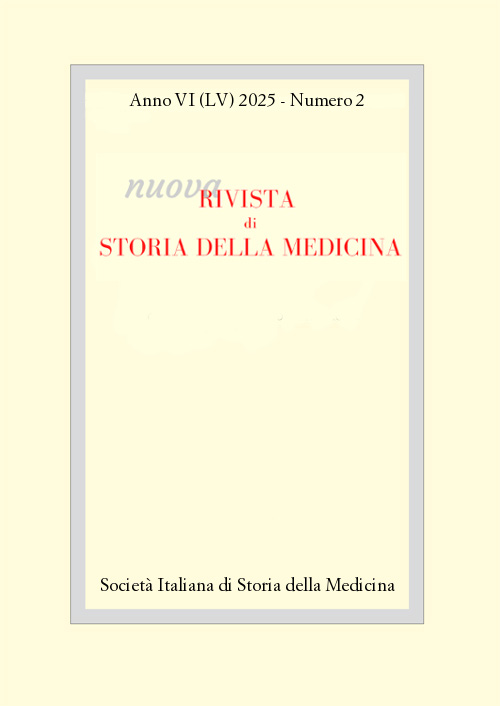The Great African Rinderpest Pandemic. Chronicles from an outbreak in 1897 in South-Angola.
DOI:
https://doi.org/10.13135/2724-4954/11079Keywords:
Rinderpest, great African pandemic, South-Angola, eradicationAbstract
The Great African Rinderpest Pandemic is legendary for its impact and legacy at the end of the 19th century on indigenous communities, livestock and wildlife, on colonial settlers, administrators and officers and on the natural ecology of the African savannahs. Military expeditions, colonial and indigenous livestock, and wildlife spread the virus throughout the continent. But the defining aspect of this disease’s history, from its entry into Africa in 1895, likely due to an Italian expeditionary force, until the first half of the 20th century, is its close connection with the colonial policies of European states. What happened in South Angola, a Portuguese colony, in 1897, is just one of many examples of how the paternalistic attitude of colonizers and the lack of active involvement of herd owners, violence in the face of animal property claims, were for many years the distinctive features of disease control attempts.



